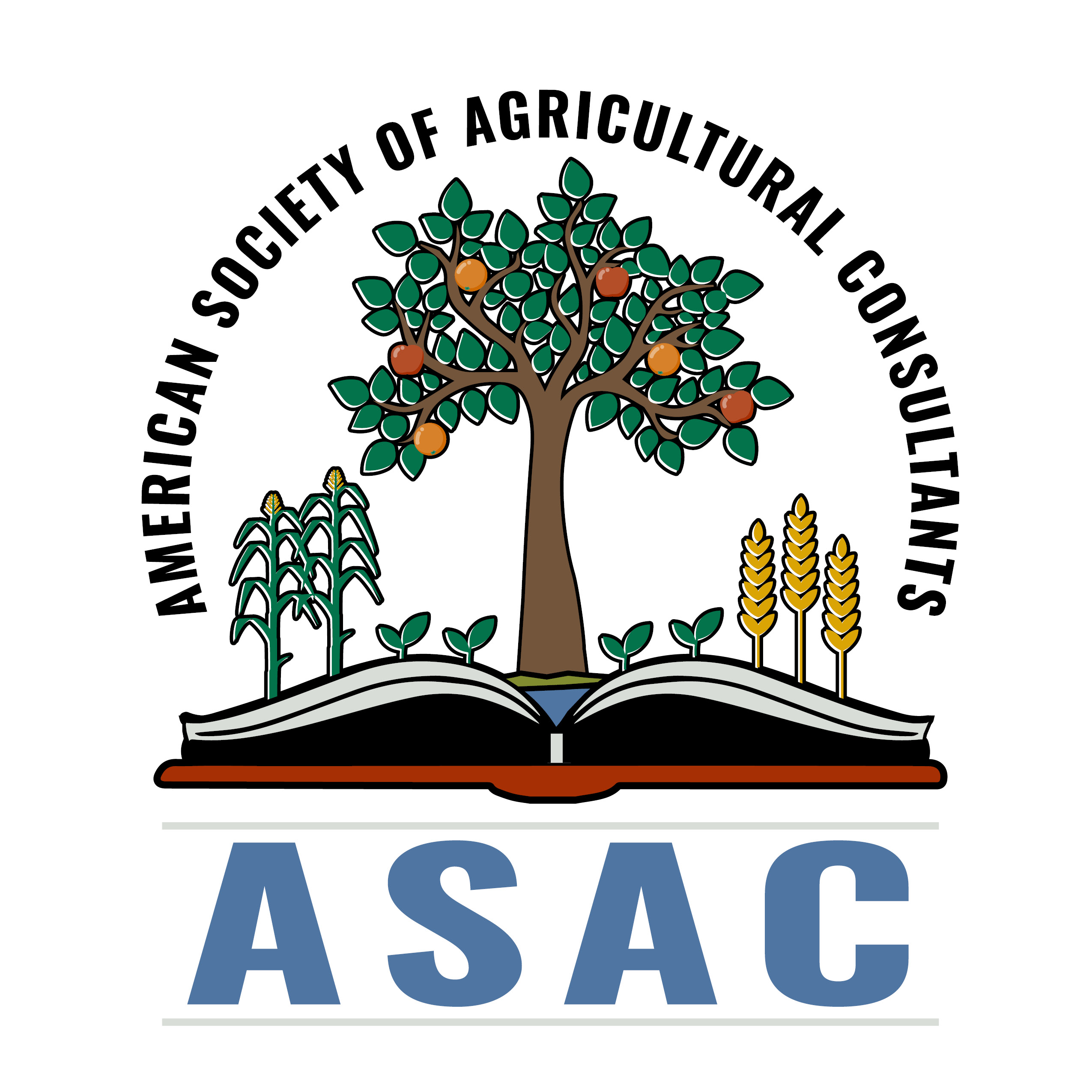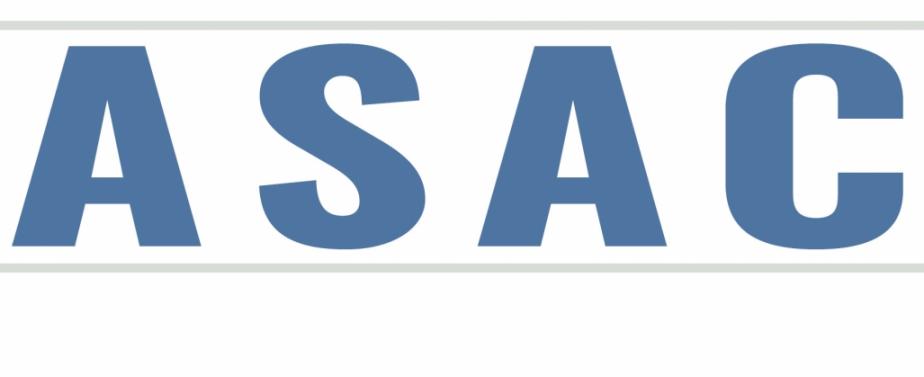Opinion: Speaking of Which....
08/26/2021
We’ve all been through it more times than not. And wondered if we’d survive to the end. Not to mention if we learned anything or otherwise got something worthwhile from it. I’m talking about public speaking, whether we’re on the giving end or the receiving end.
Casual conversations or prepared speeches. Even though most of us can go 90 miles an hour once we start blabbing in a casual conversation, the thought of a prepared speech terrifies us.
Yet every conversation should start off with a plan. In other words, think before we speak.
“I’m like, you know, going to give a speech, I mean, you know, a talk to my work group about this project, like it’s not going so good, we need to come up with a plan to, you know, like get on track.” Arghh!
The word “like” has become the most used/abused filler word in the history of language. It seems to be peppered into every sentence in every speech in the world today. Apparently, it’s not confined to the English language.
Complete sentences conveying a clear meaning is the rarity. Gobbledygook is the norm.
“Like” isn’t the only abused word in the vernacular. Other words, and meaningless phrases tacked onto sentences, add to the confusion when one is trying to decipher what someone is trying to say. “You know”, “kind of”, “sort of” are beaten to death in everyday conversations. “I mean” is my personal worst offense. “And everything”, “and things like that” are some I commonly encounter from others completing a sentence.
Enough of all of this. If you’ve read this far into my diatribe, you’re wondering if I have enough work to do, or am just sitting around all day with time on my hands.
Clear communication, verbal or written, is the foundation of all progress. Be it in business or in our personal relationships, how clearly we communicate sets the pace and the tone for progress. Those who excel in any endeavor and rise to the top in any profession or trade have generally mastered the art of clearly communicating their thoughts and ideas. It need not be perfect in the King’s English....no one is perfect....but communicating in the vernacular without the gobbledygook will certainly go a long way.
We need to speak and write clearly, concise and as precise as possible, in order to get our messages across. Even though it may not be so much what or how we say something, it’s how the person hearing it understands it. But we have to speak or write it clearly to start with.
= = = = =
This article is the personal opinion and perspective of the author and may or may not be consistent with those of other ASAC Members. ASAC as an organization does not advocate positions on issues.
Pete Weisenberger
Weisenberger Agricultural Services, LLC
pete.weis0956@gmail.com
We’ve all been through it more times than not. And wondered if we’d survive to the end. Not to mention if we learned anything or otherwise got something worthwhile from it. I’m talking about public speaking, whether we’re on the giving end or the receiving end.
Casual conversations or prepared speeches. Even though most of us can go 90 miles an hour once we start blabbing in a casual conversation, the thought of a prepared speech terrifies us.
Yet every conversation should start off with a plan. In other words, think before we speak.
“I’m like, you know, going to give a speech, I mean, you know, a talk to my work group about this project, like it’s not going so good, we need to come up with a plan to, you know, like get on track.” Arghh!
The word “like” has become the most used/abused filler word in the history of language. It seems to be peppered into every sentence in every speech in the world today. Apparently, it’s not confined to the English language.
Complete sentences conveying a clear meaning is the rarity. Gobbledygook is the norm.
“Like” isn’t the only abused word in the vernacular. Other words, and meaningless phrases tacked onto sentences, add to the confusion when one is trying to decipher what someone is trying to say. “You know”, “kind of”, “sort of” are beaten to death in everyday conversations. “I mean” is my personal worst offense. “And everything”, “and things like that” are some I commonly encounter from others completing a sentence.
Enough of all of this. If you’ve read this far into my diatribe, you’re wondering if I have enough work to do, or am just sitting around all day with time on my hands.
Clear communication, verbal or written, is the foundation of all progress. Be it in business or in our personal relationships, how clearly we communicate sets the pace and the tone for progress. Those who excel in any endeavor and rise to the top in any profession or trade have generally mastered the art of clearly communicating their thoughts and ideas. It need not be perfect in the King’s English....no one is perfect....but communicating in the vernacular without the gobbledygook will certainly go a long way.
We need to speak and write clearly, concise and as precise as possible, in order to get our messages across. Even though it may not be so much what or how we say something, it’s how the person hearing it understands it. But we have to speak or write it clearly to start with.
= = = = =
This article is the personal opinion and perspective of the author and may or may not be consistent with those of other ASAC Members. ASAC as an organization does not advocate positions on issues.
Pete Weisenberger
Weisenberger Agricultural Services, LLC
pete.weis0956@gmail.com
Post a new comment







